A Story of Irish Quakers, the Famine and Pennsylvania
The Quakers - also known as "The Society of Friends" had a little-known point of origin in Ireland. Read on to find out more.
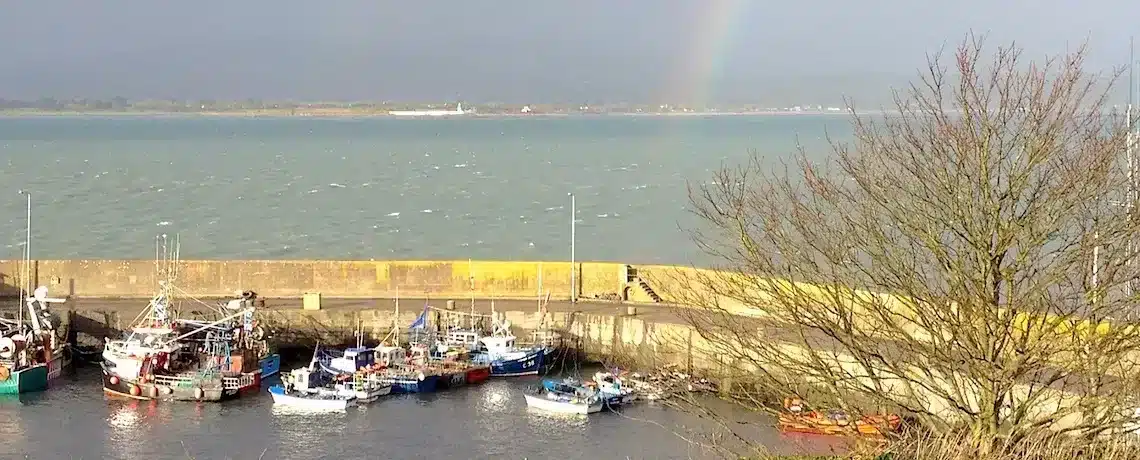
I looked up the letters from this time last year (to see if the sun actually shone anytime in the past), and I came across a letter titled: – Religion in Ireland, A Methodical Approach – it got me thinking about religion in Ireland.
One of our readers, Noni Morrison, was on sharing the story of one of her Mahoney ancestors:
I don’t think I mentioned my husband’s line of Mahoney’s when I first joined. They left from Dublin around 1800. Next place I remember that they were was in Tennessee, working in the lumber industry. Within a few generations at least they were Quaker and intermarrying with other Quaker families form Ireland.
I am wondering if perhaps being Quakers had something to do with the immigrant Mahoney? This was in the time that the Quaker religion was very strong here, but within another generation or so they mostly became Methodists, following the rise and fall of interest in religion across America’s frontiers. Anything more you can tell us about this would be of great interest.
The first thing I can say, Noni, is that your Mahoney/O’Mahony ancestor may have left from Dublin – but at one stage, they were certainly living in County Cork where O’Mahony is one of the major names.
Across the other side of County Cork – on the east side, you will also find an area associated with this religious movement known as the “Religious Society of Friends”, but mostly known to us today as “The Quakers”. How about the rest of our readers – do any of your ancestors have ties to The Quakers? Do leave a comment below and let me know.
While your ancestors may not have been associated with the Quakers, I know that many of them left Ireland in the aftermath of the Great Famine of the 1840s. The authorities of the day dithered in their reaction to the crop failures and starvation, first denying – then insisting, that starving and weakened people take part in labour projects to “earn” their food. All decisions with catastrophic consequences.
The Quakers of east Cork and west Waterford had a more pragmatic approach – they felt that a starving person needed food, and quickly at that. They set up a number of soup stations, keeping whole families alive. They had no agenda, no expectations in return – merely doing what they felt was their moral duty, to help another fellow human in distress. As a result, there are many commemorative plaques recalling the support of the “Society of Friends” in this part of the country.
The Religious Society of Friends (later known as the Quakers), were founded in England about 1647AD, and established a power base in the north of that country. They arrived over to the north of Ireland about 1654 AD, and spread to various parts of the country – often attracting disaffected English soldiers and their families who inhabited the various barracks across the island.
One Quaker You May Be Familiar With.
And now we travel back to County Cork. If you go to the small village of Shanagarry in East Cork today, you will find the fine ruins of Shanagarry Castle. A certain young gentleman by the name of William Penn was schooled in this house by a Quaker tutor of the name John Loe. He was fifteen at the time, and Loe apparently left a large impression on the man who went on to found the colony of Pennsylvania.
When his father, Admiral William Penn, later became ill – young William Penn returned to Ireland to manage the family estate. While there, he started to attend Quaker meetings and finally joined the Quakers in Cork at the age of 22. His family were furious at this decision, and he was disinherited of land and title.
However, over the next number of years – Penn’s father had a change of heart as he witnessed his son’s moral stand and resoluteness through his missionary work – as well as a series of arrests and imprisonments. While close to death, William Penn senior managed to get the Crown agree to protect young William, in return for his own dedicated service down through the decades.
In the late 1670s, William Penn junior proposed a mass emigration of Quakers from England to a “Quaker region” in the colonies of North America. The Quakers, under the leadership of Penn, purchased, and were granted about 45,000 square miles of land in the colony of West Jersey. The region was renamed first to “New Wales”, but then was changed by King Charles II to the name “Pennsylvania”, in honour of William Penn senior. And so began Penn’s “Holy Experiment” in the new province of Pennsylvania.
Penn went about “selling” the new colony to prospective settlers, and attracted many from many of the persecuted minorities across the countries of Europe – Mennonites, Catholics, Huguenots, Jews and Lutherans. He aimed to set up an ethical society that was built on a solid legal framework.
I won’t write much more on the history of this new province – as I am sure there are many readers here who would do a better job!
But, let’s go back to Noni’s Mahoney ancestor from the top of this letter. When her ancestor arrived in the USA in the late 1700s, he may have been without family and kin, but he also had the societal pressures of home lifted for the first time in his life. As he moved to the frontier territory, the message of the Quakers – with their emphasis on self-determination, religious tolerance and non-hierarchy – must have held an attraction to so many of these frontiers-men.
My guess is that he converted to Quakerism sometimes after arrival in the US. Also, as she says, many of these early Quakers changed to Methodism over time – a religion that offered a very similar philosophy to that of William Penn and his fellow colonists. And, it seems that Methodism “won out” over time – with over seven million Methodists in the USA today against 150,000 Quakers. However, the good deeds of these members of the “Religious Society of Friends” during the Famine is still remembered across Ireland in commemoration plaques across the land.
We hope you have a great week. Do feel free to leave a comment below if you want to share a story, a surname, ask a question – or just want to say hello!
Slán for this week,
Mike and Carina.

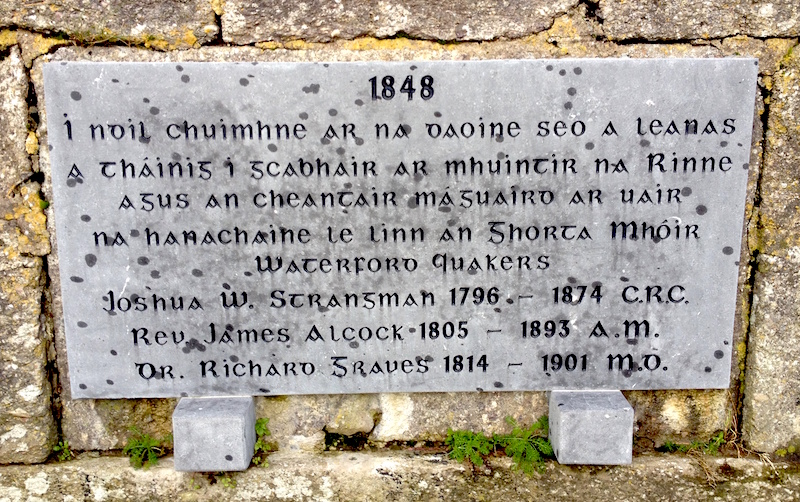
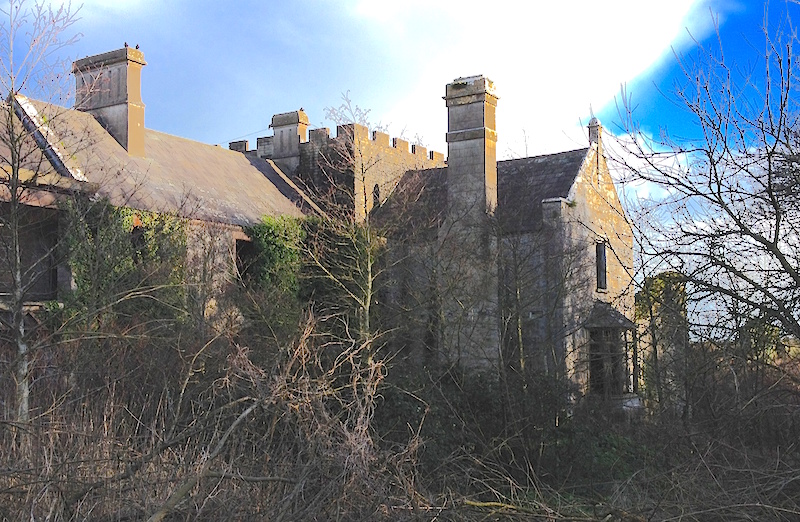
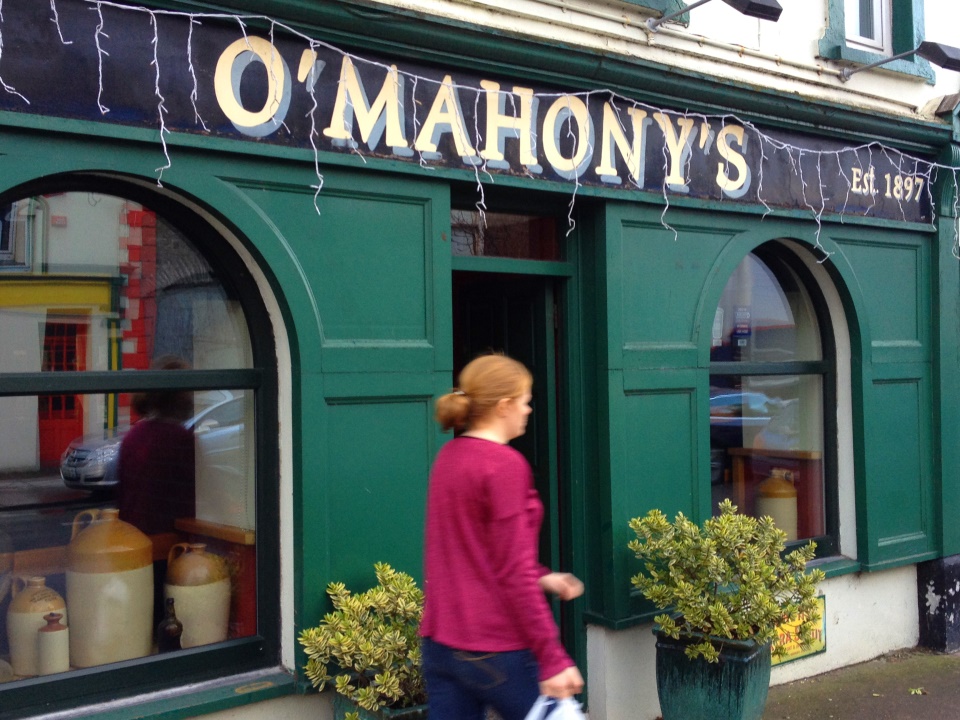
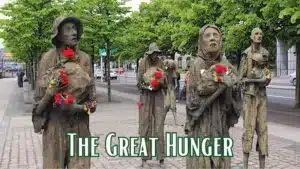
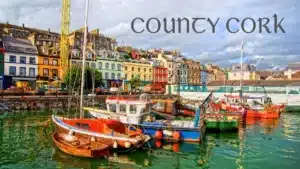
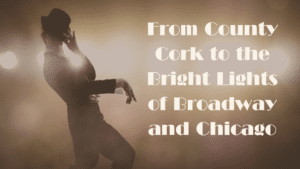
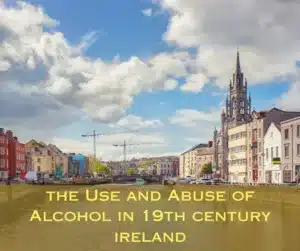
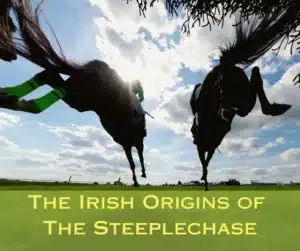
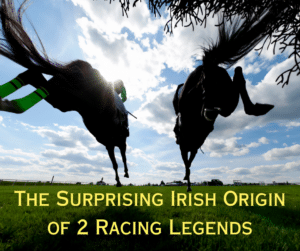
Only Plus Members can comment - Join Now
If you already have an account sign in here.